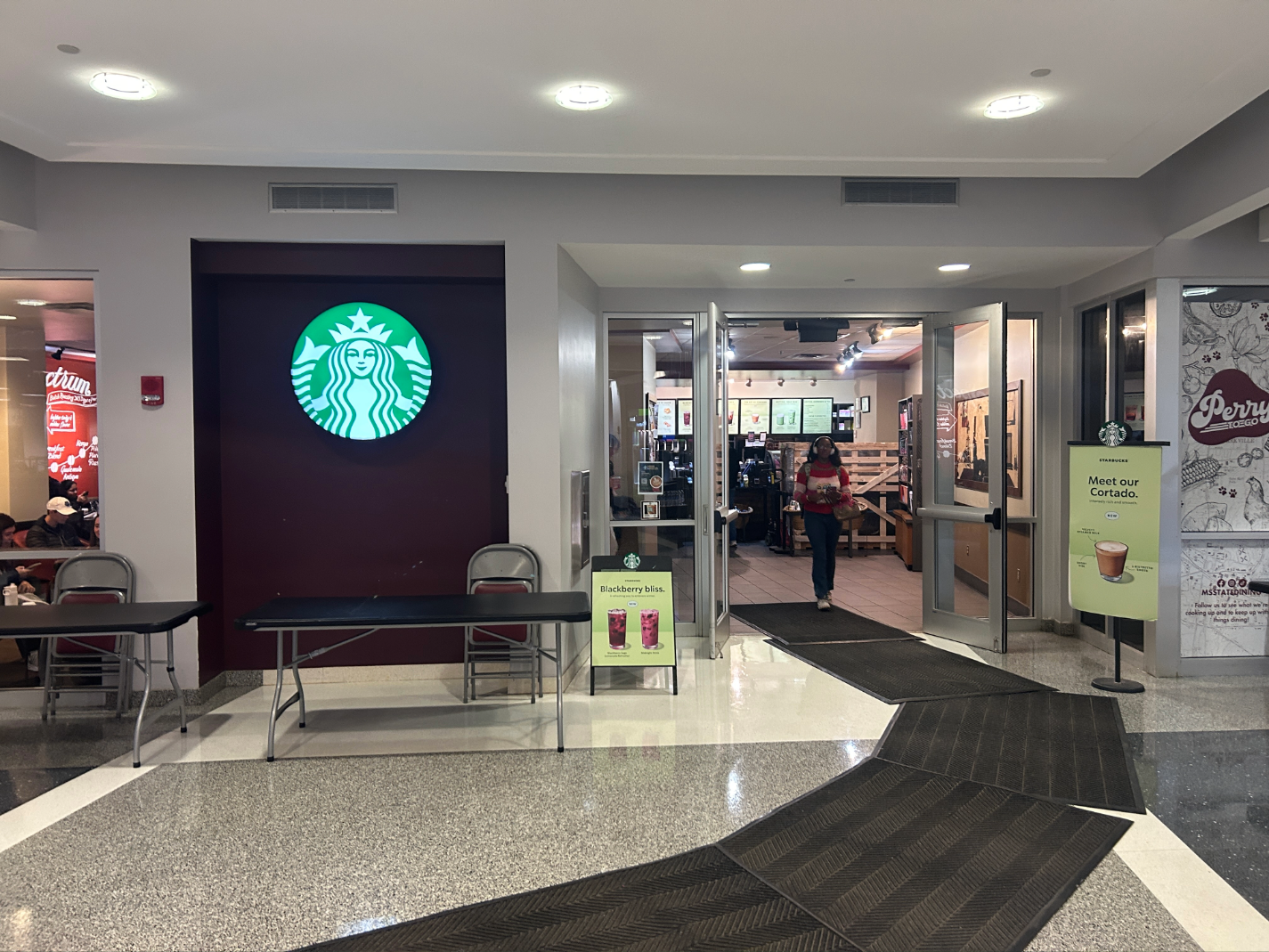
Robert F. Kennedy Jr. was confirmed yesterday to lead the Department of Health and Human Services. A key point throughout the hearing was his criticism of processed foods and his promise to “reverse the chronic disease epidemic.”
Although Kennedy faced pushback from Democrat senators about his past remarks on vaccine inefficiencies and was accused of having to “sell out” his pro-choice leaning stance on abortion to secure Trump’s nomination, he received applause from the audience in support of his Make America Healthy Again campaign.
During his brief but bold presidential run last year, Kennedy caught my attention with his no-nonsense, tell-it-like-it-is approach to vaccines and corporate greed in the food industry. It was refreshing!
Although the Food and Drug Administration (FDA) just banned the cancer-causing food dye Red 3 from being used in edible products, America has a long, long way to go. Major fast-food chains take full advantage of the FDA’s lax regulations on chemicals and additives. Take McDonald’s—America’s top food chain—which fills its menu with high-calorie, ultra-processed items. Kennedy insists he won’t come after your Big Mac, but McDonald’s might have to rethink what’s in it.
[RELATED: Fast Food Wages for Fast Food Education]
In fact, the transformation of Mickey D’s ingredient list over the years is shocking. Before 1990, McDonalds fries—a fan favorite—contained just three ingredients: russet potatoes, beef tallow, and salt. Today, they contain over 10 ingredients, most of which are seed oils, an ingredient Kennedy called “one of the driving causes of the obesity epidemic.”
Fast Food is a part of American culture. But that doesn’t mean it has to be unhealthy, and that we can’t make better choices. Did you know that McDonald’s used to use beef tallow to make their fries from 1940 until phasing it out in favor of seed oils in 1990? This switch was… pic.twitter.com/ygijMtsSQt
— Robert F. Kennedy Jr (@RobertKennedyJr) October 21, 2024
Food suppliers and restaurants face far stricter regulations abroad. In Europe and much of South America, growth hormones and chemical preservatives are banned, and many artificial colorings—like the notorious Red 3—have been restricted for decades. Meanwhile, the U.S. lags behind.
But what does this have to do with college students, you ask? Fair question—especially in a publication focused on higher education.
According to a 2015 study, 70 percent of college students eat fast food at least once a day. This is extremely concerning, but most college students have little choice in the matter. Colleges and universities typically require students—especially first-years—to purchase a meal plan that typically includes dining options at on-campus fast food franchises.
At the University of Missouri, first-year students living on campus are required to purchase one of three pricey meal plans. The university touts its commitment to offering “healthy” food options, but the reality falls short—Panda Express, Subway, and two Starbucks locations are among the offerings. Starbucks, known for using additives, preservatives, and artificial flavorings, hardly screams “healthy.”
Money is a driving factor in institutions offering fast, unhealthy food options. Most colleges and universities lock in lucrative, long-term contracts with corporate food service giants, ensuring that fast-food brands like McDonald’s, Starbucks, and Chick-fil-A monopolize dining halls, student centers, and vending machines. These exclusive vendor contracts give food service companies like Aramark significant control over which brands make it onto campuses—and at what cost.
With established business relationships with major fast-food chains, Subway is more likely to make it to campus than a local restaurant offering fresher, healthier ingredients. Universities often take a percentage of sales from these franchises, creating a financial disincentive to prioritize other options. Coupled with overpriced, mandatory meal plans, these contracts generate significant revenue for universities and profits for food service companies—while students, who have limited budgets, time, and access to better options, bear the burden.
But Kennedy has the right ideas, and with his confirmation, there’s real hope for meaningful improvements in campus dining options.
[RELATED: Vaccines in Food? UC Riverside Announces New Research on mRNA Veggies]
“RFK Jr. has already done a lot of good in raising questions about the quality of American food and of our medical system, which many call a ‘sick’ system, not a health care system, since it acts only when people are sick rather than helping them get and stay healthy,” Teresa R. Manning, Policy Director at the National Association of Scholars said.
Europe has long had more common sense food regulation —Europeans eat more real food! And the medical system in Germany incorporates naturalistic and homeopathic approaches to health, for example; it is not limited to prescription drugs the way the American system is, marginalizing anything else. Medical education is also important. Medical students learn virtually nothing about the importance of quality food! That must change. What we put in our bodies three or more times a day obviously is the biggest factor affecting our health. Some Moms have already taken the lead to change food offerings in schools, such as School of Lunch, founded by Hilary Boynton. That movement must get more active at the college level. Students can’t learn well when they’re sick. As Hippocrates said, ‘Let Food be Thy Medicine.’
There is no reason why food companies should not be subject to the same scrutiny over ingredients in the U.S. as they are in other countries. Many chemicals and preservatives banned in Europe and elsewhere remain common in American food—why should students settle for lower standards here?
For now, fast food loaded with artificial additives will remain a staple of campus dining, leaving students with few alternatives. But Kennedy’s confirmation offers a glimmer of hope. His push to crack down on processed food could force major food corporations to rethink their ingredients. If university food suppliers follow suit, campus dining halls may finally offer real, nutritious meals over venti-sized Caramel Ribbon Crunch Frappuccinos.
Photo of Starbucks on Mississippi State University by Brady Gill

Aramark is a different story that has to do with the nuances of university budgets, but brand-name fast food is on campus because students demanded it. It was peaceful, but they asked for it in the ’90s & ’00s — much like high schools asked for chocolate milk in the ’70s.
Starbucks is there because the students want it — the disaster of Michelle Obama’s K-12 lunch reform serves as an example — the “healthy” lunches went into the trash, uneaten.